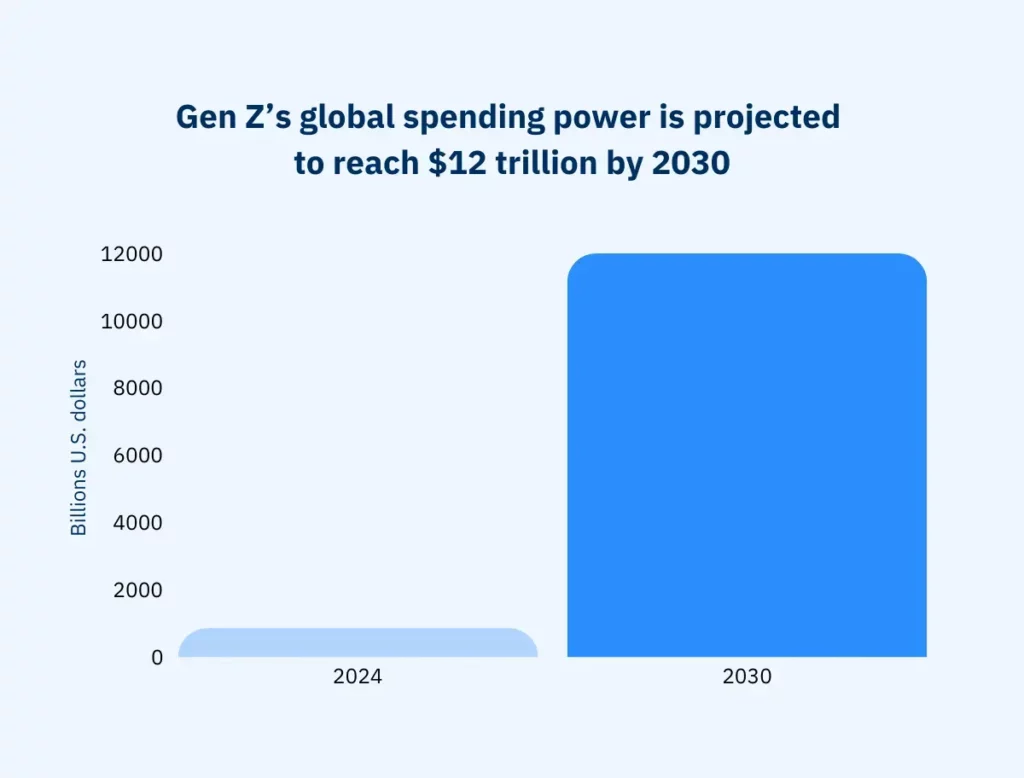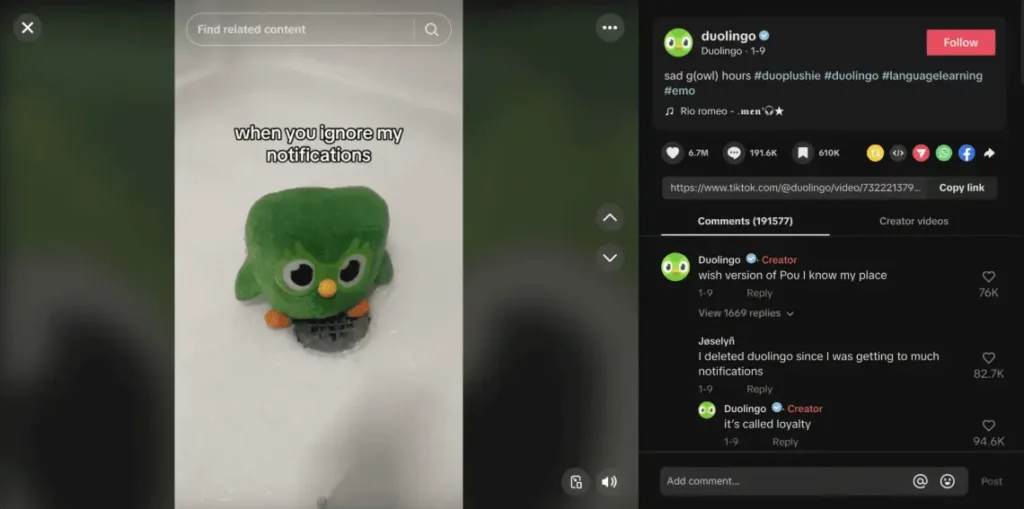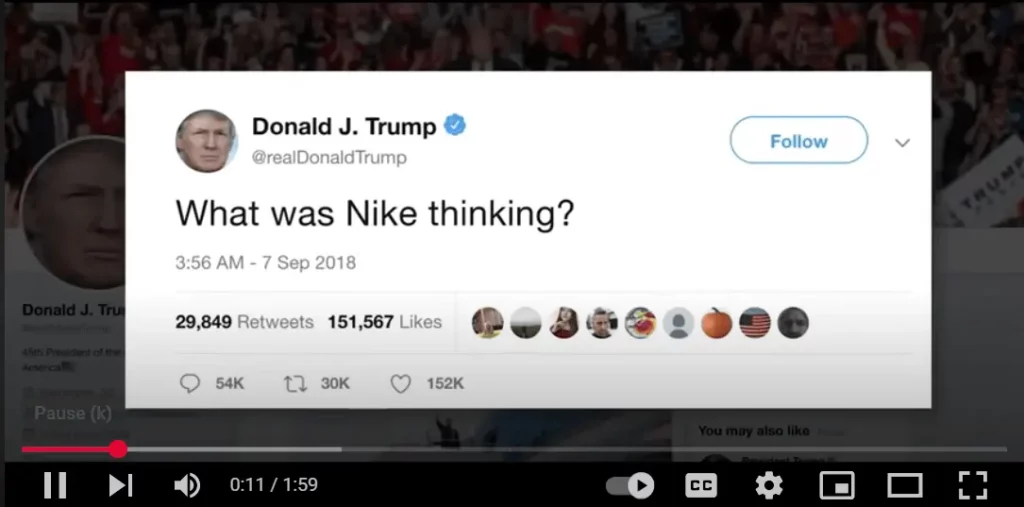Engaging Gen Z: Strategies for Effective Digital Marketing
TL;DR
Understanding Gen Z Behavior Through Digital Marketing
Generation Z, born between 1997 and 2012, has a significant impact on the marketplace with an estimated spending power of $143 billion, and it is projected to reach $12 trillion by 2030. This generation has unique behaviors shaped by their upbringing in a digitally connected environment, making it essential for marketers to adapt their strategies accordingly.
Digital Natives
Generation Z is the first true digital native generation, growing up with smartphones and social media. They prefer platforms like TikTok, Instagram, and Snapchat over Facebook, favoring video content which captures their attention more effectively. Marketers must adapt to these preferences by delivering engaging visual content. For insights on Facebook demographics, refer to Oberlo.
Values and Authenticity
Gen Z values authenticity and transparency. They gravitate towards brands that reflect their principles, such as sustainability and inclusivity. Brands that fail to uphold these values may face backlash. A deeper look into accountability culture can be found at Forbes.
Short Attention Spans
Gen Z exhibits a short attention span averaging around 45 seconds. Marketers must create concise, engaging content to capture their interest. The doomscrolling phenomenon highlights the need for bite-sized content to maintain engagement.
The Role of Digital Marketing in Understanding Gen Z
Data Analytics and Insights
Digital marketing tools like Meta’s Advanced Detail Targeting+ enable marketers to gather data on Gen Z's preferences and engagement metrics. Platforms like Google Analytics and social media insights are essential for tailoring marketing strategies. More on targeted advertising can be found at Meta.
Personalized Marketing
Gen Z expects personalized experiences, which necessitates the use of algorithms and AI to tailor marketing messages. Brands must avoid generic marketing strategies and focus on personalized recommendations and content. For effective AI tools, check out Google Analytics.
Social Media Engagement
Social media is crucial for engaging Gen Z. Brands should focus on platforms where this generation spends their time and create shareable content. Collaborating with influencers and participating in trends can enhance brand loyalty.
Practical Tips for Marketers to Engage Gen Z
Create Authentic Content
Authenticity is imperative. Brands should share behind-the-scenes content and engage in genuine conversations. Avoid corporate jargon and focus on relatable messaging. More on creating authentic content can be explored at ONE18.
Leverage Influencer Marketing
Influencers are vital in shaping Gen Z's purchasing decisions. Brands need to partner with influencers who genuinely align with their values to enhance credibility and engagement. A guide on influencer marketing can be found at yellowHEAD.
Optimize for Mobile
With a heavy reliance on mobile devices, ensuring that content and websites are optimized for mobile viewing is critical. Video ads should be short, vertical, and include captions for accessibility.

The Future of Gen Z and Digital Marketing
Staying Ahead of Trends
Marketers must continuously monitor social media and emerging technologies to remain relevant. Experimenting with AR and VR can offer innovative engagement opportunities.
Adapting to Changing Preferences
Gen Z's preferences are dynamic, necessitating agile marketing strategies. One misstep could lead to significant backlash, as seen in the Bumble Fumble incident.
The Gen Z Approach to Digital Marketing in 2025

Gen Z will represent approximately 27% of the global workforce by 2025. Their unique perspective as digital natives is reshaping marketing strategies.
Short Attention Spans, High Impact Content
Marketers must craft impactful messages that are visually engaging and concise. Video formats such as TikTok and Instagram Reels are particularly effective. For more on attention spans, see Golden Steps ABA.
Digital-First Shopping Habits
Gen Z prefers online shopping experiences that are mobile-optimized and interactive. Brands need to adopt innovative strategies like live shopping events to attract this demographic. More insights can be found at First Insight.
User-Generated Content and Peer Influence
Peer recommendations are crucial for Gen Z, with 85% trusting user-generated content over traditional advertising. Brands should encourage reviews and testimonials to build trust.
Brand Loyalty and Community Building
Gen Z favors brands that foster community and shared values. Marketing strategies should focus on purpose-driven narratives and co-creation with customers.
Authenticity and Personalization Are Non-Negotiable
Gen Z can quickly discern inauthentic branding. Successful brands show transparency in processes and create personalized experiences across all touchpoints. Examples of effective engagement include Duolingo's humorous TikTok persona and Nike's social justice campaigns.







